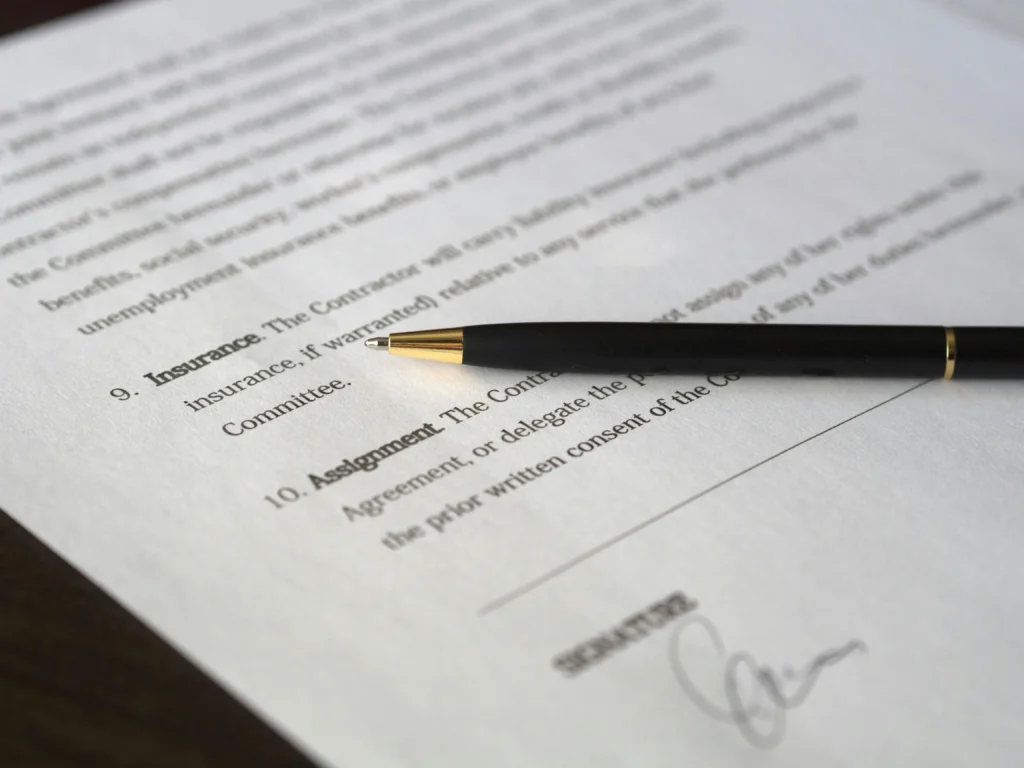How to Immigrate to Switzerland as a Doctor?

Many doctors find that moving to Switzerland enhances their quality of life and brings rewarding work opportunities. The country’s high standard of healthcare, along with its scenic nature and excellent education system, makes it especially appealing.
For EU/EFTA citizens, moving is relatively easier as there are no quota restrictions. Non-EU doctors face annual quota restrictions that can limit their options, but the right preparation and credentials can help overcome these challenges.
How to Immigrate to Switzerland as a Doctor?
To immigrate to Switzerland as a doctor, you must navigate several steps involving language proficiency, diploma recognition, obtaining a work permit, and securing a job. Here’s a detailed guide on how to proceed:
1. Language Proficiency

To work as a doctor in Switzerland, achieving proficiency in an official language such as German, French, or Italian is crucial, along with a basic understanding of a second language in some cases.
The certification process requires either an internationally recognized diploma at the B2 level according to the Common European Framework of Reference for Languages (CEFR) or a medical degree earned in the relevant language.
Additionally, doctors who have three years of experience in a medical setting where the language was used within the last ten years are considered eligible, which helps streamline the process for those already immersed in a multilingual healthcare environment.
2. Diploma Recognition
If you hold a medical degree from an EU or EFTA country, securing direct recognition of your diploma through MEBEKO (the Swiss Medical Board) is generally the easiest route, especially for a citizen of Switzerland or the EU/EFTA.
For doctors with a recognized qualification from another European country that has an agreement with Switzerland, indirect recognition is an option. This requires proving a valid license in that country and meeting Switzerland’s additional criteria.
For those with non-EU degrees, the process becomes more complex; often, additional assessments or training are needed to align with Swiss standards for practice.
3. Work Permit and Visa
To start practicing as a doctor in Switzerland, securing a job offer from a Swiss employer is an initial requirement before applying for a work permit. This step is essential for both EU and non-EU citizens.
Once you have the offer, you’ll need to complete the visa application process for a long-stay D-visa at your local consulate, providing documents such as your employment contract, proof of qualifications, and language proficiency certificates.
After arriving in Switzerland, you must register with the local authorities and obtain a residence permit if your stay will exceed three months.
Steps to Follow
- To immigrate to Switzerland as a doctor, first assess your language skills to ensure you meet the requirements and obtain any necessary certifications.
- Next, you’ll need to pursue recognition of your diploma by applying through MEBEKO or other relevant authorities, depending on your qualifications.
- Once that’s secured, look for job opportunities by exploring various platforms and applying directly to hospitals or clinics.
- With a job offer in hand, proceed to apply for your visa and residence permit to complete your transition into Swiss healthcare.
Additional Considerations

When planning to immigrate to Switzerland as a doctor, it’s crucial to consider health insurance. You must provide proof of adequate coverage during your stay. This ensures you’re protected and compliant with Swiss regulations.
Additionally, be prepared for background checks as part of the visa application process, as these checks can influence the outcome of your application.
How long does the visa application process take for doctors moving to Switzerland?
The visa application process for doctors moving to Switzerland can vary in duration based on several factors related to the applicant’s country of origin and specific circumstances of their case.
Initially, you’ll need to secure a job offer from a Swiss hospital or clinic and ensure your medical diploma is recognized by the Swiss authorities; this recognition can take anywhere from weeks to months, particularly if your diploma is from an EU, EFTA, or non-EU country.
After these initial steps, you can apply for a long-stay D-visa at the Swiss embassy or consulate in your home country. The processing time for approval typically ranges from several weeks to months, depending on the completeness of your application and the specific requirements of the Swiss consulate.
Additional checks may include background and health assessments. Once you receive your visa, you must register with local authorities within 14 days of arrival to obtain your residence permit.
Costs of Immigrating as a Doctor to Switzerland
| Item | Estimated Cost (CHF) |
|---|---|
| Diploma Recognition | 800 – 1,200 |
| Cantonal Medical Association Registration | 200 – 400 |
| Visa Application Fees | 100 – 500 |
| Language Certification (if needed) | 50 – 100 per language |
| Health Insurance | ~300 per month |
| Document Translation & Authentication | Variable |
The cost of immigrating to Switzerland as a doctor involves various components that need careful consideration. Initially, the recognition of your medical diploma through the Swiss Medical Board (MEBEKO) incurs fees ranging between CHF 800 and CHF 1,200 for the evaluation of your qualifications and the processing of your application.
After obtaining this recognition, you’ll also need to register with the Cantonal Medical Association, which typically charges a registration fee of about CHF 200 to CHF 400.
If you are not a citizen of an EU or EFTA country, applying for a residence permit and a long-stay D-visa will further add to your expenses, with application fees ranging from CHF 100 to CHF 500, depending on your nationality and specific circumstances.
Additionally, costs for language proficiency certification can be between CHF 50 and CHF 100, while securing health insurance, which is mandatory, typically starts around CHF 300 per month. Don’t forget to factor in possible costs for document translation and authentication if your documents aren’t in one of the official languages.


